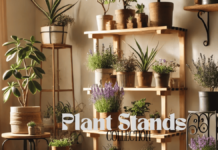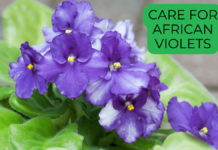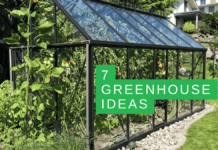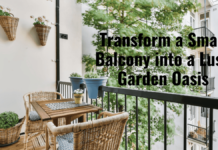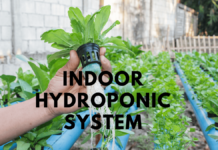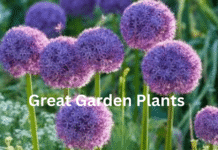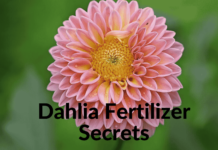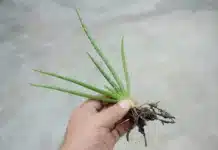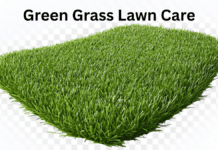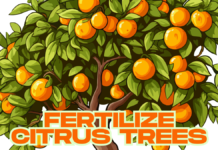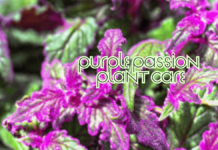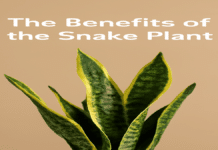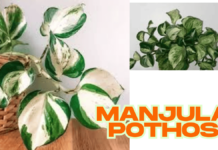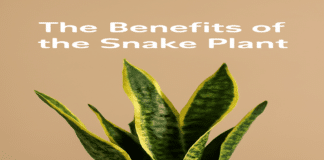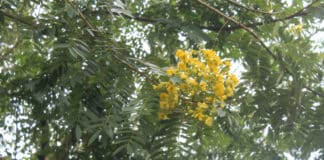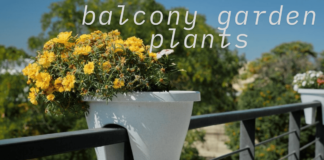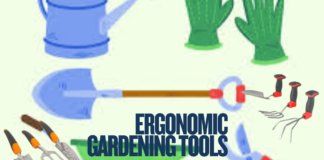Introduction
Fiber pots, often known as biodegradable or eco-friendly pots, are an innovative solution for gardeners seeking sustainable alternatives to traditional plastic containers. These pots are made from natural fibers, such as coconut coir, jute, or hemp, and are designed to provide a sturdy, environmentally friendly option for growing plants. The demand for these fiber flower pots is growing rapidly due to their many benefits, including their ability to retain moisture, promote healthy root growth, and reduce plastic waste in the environment.
These eco-friendly gardening tools are widely used in both home gardens and professional horticulture due to their ability to maintain soil health while fostering plant growth. The growing popularity of fiber pots is a testament to the increasing demand for sustainable gardening products that support both the environment and plant health.
How Fiber Pots Benefit Your Garden

Fiber pots offer numerous benefits that make them a preferred choice for modern gardeners. One of the most significant advantages is their eco-friendliness. Unlike traditional plastic pots, which can take hundreds of years to decompose, fiber pots break down naturally over time, leaving behind minimal environmental impact. Additionally, these pots are made from renewable resources, making them a more sustainable option in today’s world.
Another key benefit of fiber flower pots is their ability to promote healthy root growth. The natural fibers used in these pots allow for better air circulation to the roots, which encourages strong, healthy root systems. As the plant grows, the roots are able to penetrate the pot’s walls, leading to better root establishment and overall plant health.
Moreover, fiber pots are known for their moisture retention properties. This is especially beneficial in areas where water conservation is a priority, or in urban gardens where access to water can be limited. The moisture retention abilities of fiber pots help keep plants hydrated for longer periods, reducing the need for frequent watering.
The Eco-Friendly Nature of Fiber Pots

With the growing concern over plastic pollution, fiber pots have emerged as an excellent alternative for gardeners looking to minimize their carbon footprint. The production of fiber pots requires fewer resources than plastic pots, and they can be made from recycled or sustainably sourced materials. This makes them a much more environmentally responsible option, especially for gardeners who are conscious about their ecological impact.
Furthermore, fiber pots are biodegradable, meaning that when they are no longer needed, they decompose naturally. This process reduces the amount of waste that ends up in landfills and contributes to a healthier, cleaner planet. The biodegradability of fiber pots is particularly advantageous for gardeners who are looking for sustainable ways to dispose of their used gardening containers.
Types of Fiber Pots and Their Uses
Fiber pots come in a variety of shapes, sizes, and materials, making them versatile for a wide range of gardening applications. Common types of fiber flower pots include coconut coir pots, jute pots, and hemp-based pots. Each type has its unique benefits and can be chosen based on the specific needs of the plants being grown.
Coconut coir pots, for instance, are made from the husks of coconuts and are known for their exceptional water retention properties. These pots are ideal for plants that require consistent moisture, such as tropical plants, succulents, and herbs. On the other hand, jute and hemp pots are stronger and more durable, making them well-suited for larger plants or those with more aggressive root systems.
In addition to traditional garden use, fiber pots are also increasingly popular for container gardening, particularly in urban environments where space is limited. Their lightweight construction makes them easy to move, and they are an excellent choice for growing plants on balconies, patios, or rooftops.
How Fiber Flower Pots Support Healthy Plant Growth
When it comes to promoting plant health, fiber pots offer several advantages over traditional plastic pots. One of the key benefits is their ability to encourage strong root development. The porous nature of fiber pots allows for better airflow to the roots, which helps prevent root rot and promotes healthy growth.
Fiber flower pots are also excellent at regulating moisture levels. The natural fibers used in these pots absorb and retain water, ensuring that plants receive adequate hydration without the risk of overwatering. This makes them particularly suitable for plants that thrive in consistently moist soil, such as ferns, mosses, and certain types of flowers.
Additionally, fiber pots help maintain soil integrity by preventing the soil from becoming compacted. Over time, the natural fibers break down and enrich the soil, providing essential nutrients to the plants. This makes fiber flower pots a great choice for gardeners who prioritize organic and sustainable gardening practices.
Pros and Cons of Fiber Pots
| Pros | Cons |
|---|---|
| Eco-Friendly: Made from natural fibers and biodegradable. | Limited Durability: May not last as long as plastic pots, especially in harsh weather conditions. |
| Promotes Root Growth: The porous material allows roots to breathe and grow freely. | Higher Cost: Fiber pots can be more expensive than plastic alternatives. |
| Moisture Retention: Ideal for water conservation and consistent hydration. | May Decompose Quickly: In extreme conditions, fiber pots may break down faster than expected. |
| Biodegradable: Environmentally responsible choice for gardeners. | Limited Availability: May not be as widely available as plastic pots in all regions. |
How to Choose the Right Fiber Pot for Your Garden
Selecting the right fiber flower pot for your garden depends on several factors, including the size of your plants, the climate you live in, and the specific needs of your garden. It’s essential to consider the material of the pot, as different fibers offer different benefits. For example, coconut coir pots are great for moisture-loving plants, while hemp pots are better for larger, more durable plants.
Size is another important consideration. Fiber pots are available in a range of sizes, from small pots for herbs to large containers for trees and shrubs. Choosing the right size ensures that your plants have enough space to grow without becoming root-bound, which can hinder their development.
Additionally, consider the aesthetic of your garden when selecting fiber flower pots. These pots come in a variety of colors and designs, allowing you to match the look of your outdoor or indoor space. Whether you prefer a rustic, natural look or a more modern design, there’s a fiber pot that will complement your garden’s style.
Conclusion
Fiber pots offer a sustainable and effective solution for gardeners looking to reduce their environmental impact while promoting healthy plant growth. These eco-friendly pots are made from natural fibers like coconut coir, jute, and hemp, which allow for better root development, moisture retention, and overall plant health. While they may have a slightly higher cost compared to plastic pots, their long-term benefits, including biodegradability and improved plant growth, make them a worthwhile investment for any gardener. By choosing the right fiber flower pot for your garden, you can help create a greener future while nurturing your plants to thrive.
FAQs
1. Are fiber flower pots biodegradable?
Yes, fiber flower pots are biodegradable, meaning they break down naturally over time, reducing their environmental impact.
2. How do fiber pots improve plant growth?
Fiber pots allow for better airflow to the roots, preventing root rot and promoting healthy root growth. They also help regulate moisture levels, ensuring consistent hydration.
3. Can I use fiber pots for all types of plants?
Yes, fiber pots are suitable for a wide variety of plants, including flowers, herbs, and vegetables. However, it’s important to choose the right material and size for your specific plant needs.
4. Are fiber pots more expensive than plastic pots?
Yes, fiber pots tend to be more expensive than plastic pots due to their eco-friendly materials and manufacturing processes.
5. How long do fiber pots last?
The lifespan of fiber pots depends on environmental factors such as weather conditions. While they may decompose faster than plastic pots, they typically last long enough to support plant growth for one or two growing seasons.


